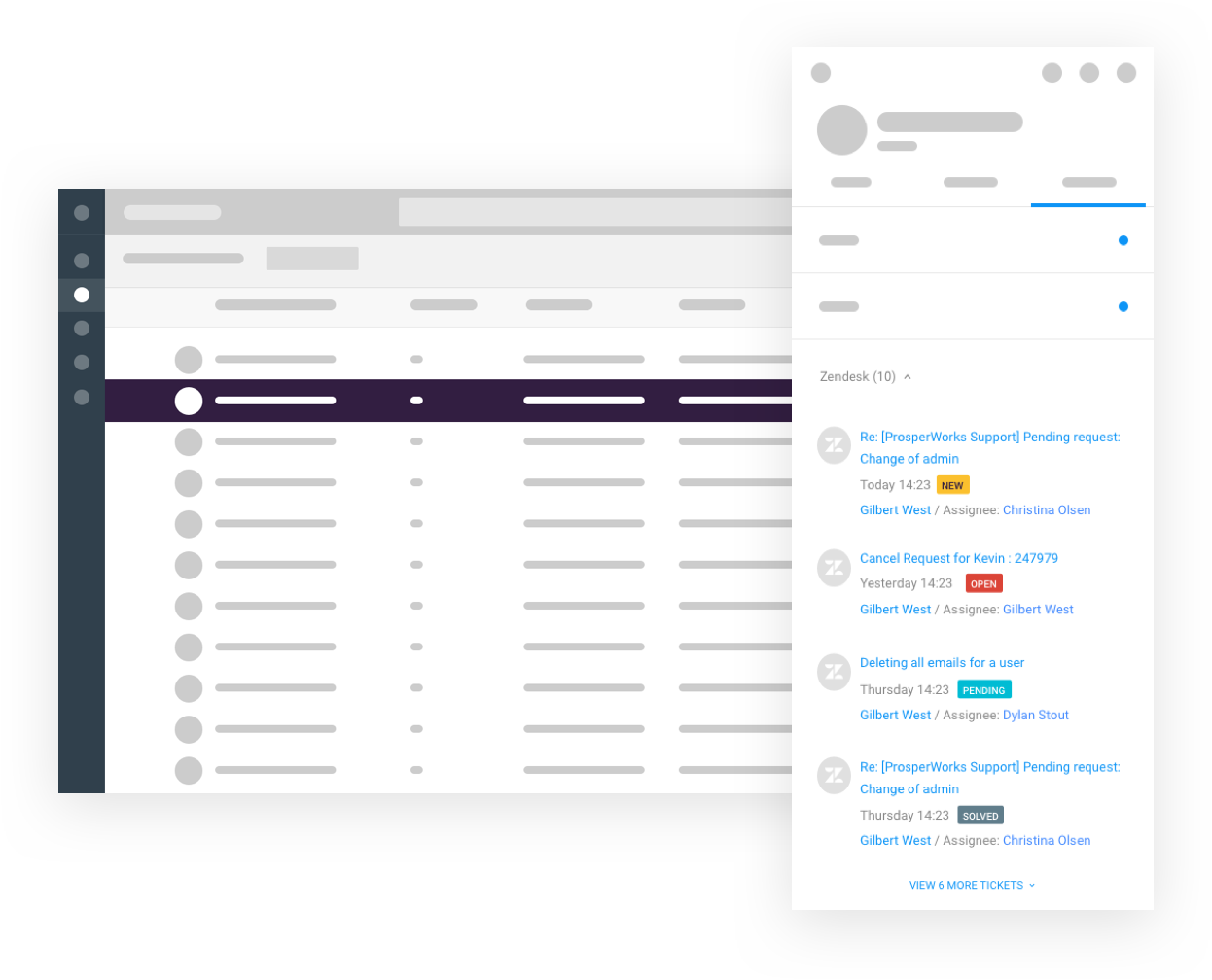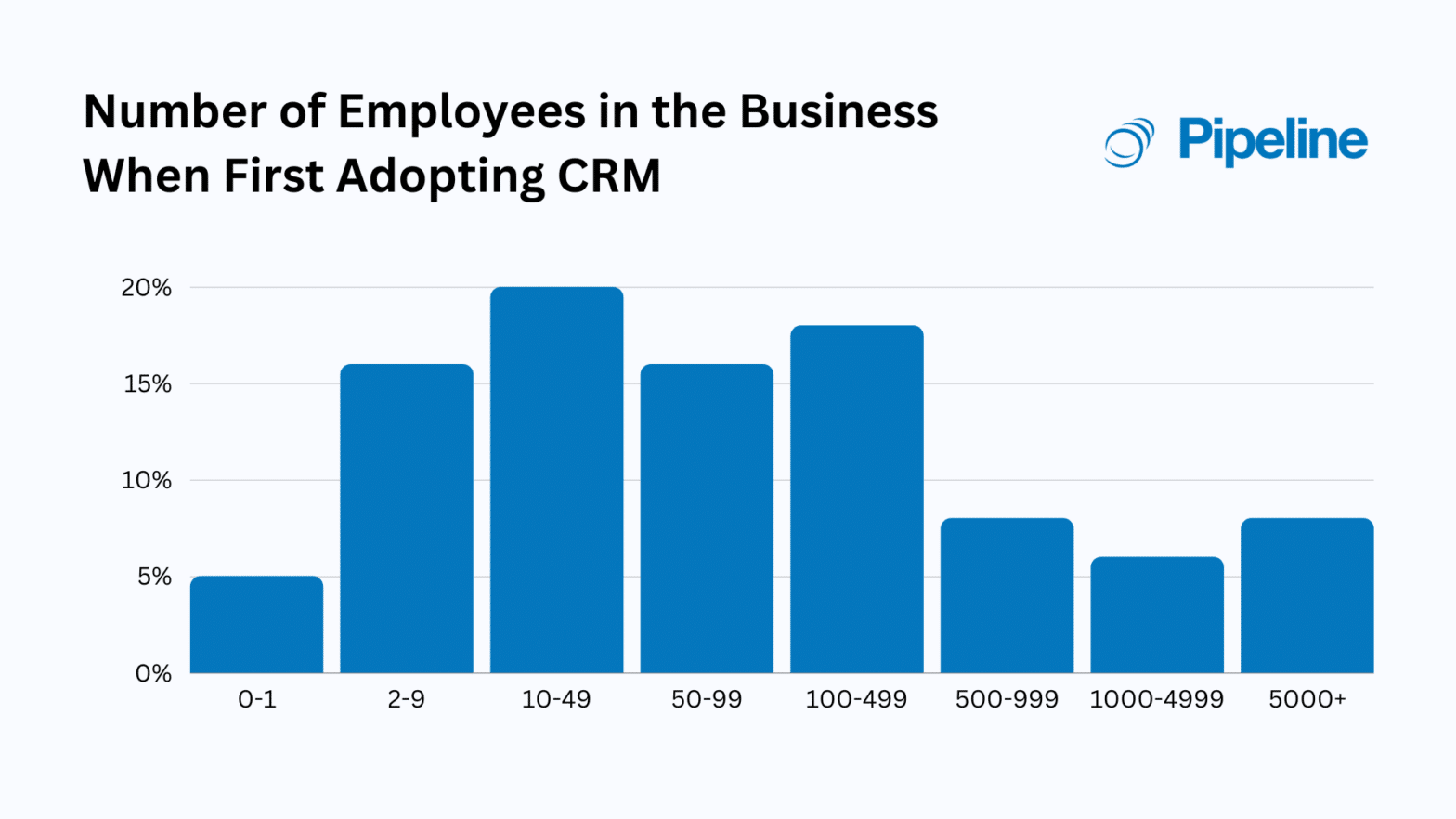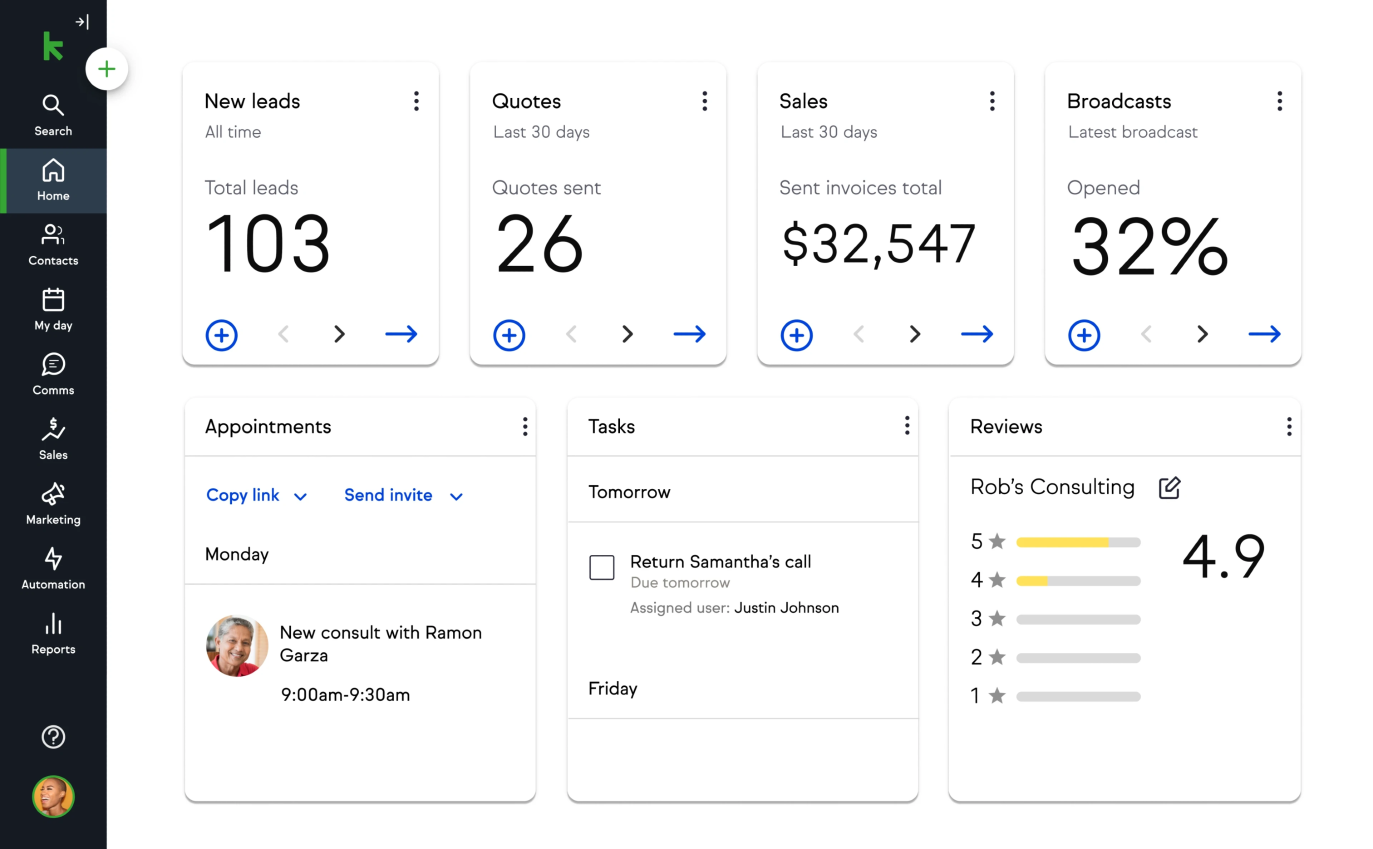
Mastering CRM Marketing: A Comprehensive Guide with Video Tutorials
In today’s fast-paced business environment, understanding and implementing effective CRM (Customer Relationship Management) marketing strategies is no longer a luxury; it’s a necessity. CRM marketing, at its core, is about building and nurturing lasting relationships with your customers. It’s about understanding their needs, anticipating their desires, and providing them with the right information at the right time. This comprehensive guide, coupled with a series of video tutorials, will walk you through the ins and outs of CRM marketing, empowering you to transform your customer relationships and drive significant business growth.
What is CRM Marketing?
CRM marketing leverages CRM software to manage and analyze customer interactions and data throughout the customer lifecycle. This includes everything from initial contact and lead generation to sales, customer service, and beyond. The primary goal is to improve business relationships, assist in customer retention, and ultimately, drive sales growth.
Think of CRM marketing as the central nervous system of your customer interactions. It collects, organizes, and interprets data, allowing you to make informed decisions about how to engage with your customers. This data-driven approach helps you personalize your marketing efforts, improve customer satisfaction, and increase your bottom line.
Why is CRM Marketing Important?
The benefits of CRM marketing are numerous and impactful. Here are some of the key advantages:
- Enhanced Customer Relationships: By understanding your customers better, you can tailor your interactions to meet their specific needs and preferences.
- Improved Customer Retention: Happy customers are loyal customers. CRM marketing helps you keep your customers coming back for more.
- Increased Sales: Personalized marketing campaigns and targeted offers lead to higher conversion rates and increased revenue.
- Streamlined Processes: CRM software automates many marketing tasks, freeing up your team to focus on more strategic initiatives.
- Data-Driven Decision Making: CRM provides valuable insights into customer behavior, allowing you to make informed decisions about your marketing strategy.
- Cost Efficiency: By targeting the right customers with the right messages, you can reduce wasted marketing spend.
Getting Started with CRM Marketing: A Step-by-Step Guide
Embarking on your CRM marketing journey can seem daunting, but with a structured approach, you can set yourself up for success. Here’s a step-by-step guide to get you started:
- Choose the Right CRM Software: This is the foundation of your CRM marketing strategy. Consider your business needs, budget, and technical expertise when selecting a CRM platform. Some popular options include Salesforce, HubSpot, Zoho CRM, and Microsoft Dynamics 365.
Video Tutorial:
- Define Your Goals: What do you want to achieve with CRM marketing? Increase sales? Improve customer satisfaction? Define clear, measurable goals to track your progress.
- Segment Your Customer Base: Divide your customers into different groups based on their demographics, behavior, and preferences. This will allow you to personalize your marketing efforts.
- Create Customer Profiles: Develop detailed profiles for each customer segment. Include information about their needs, interests, and purchase history.
- Plan Your Marketing Campaigns: Develop targeted marketing campaigns for each customer segment. Consider using email marketing, social media, and other channels to reach your audience.
Video Tutorial:
- Automate Your Marketing Tasks: Use CRM software to automate repetitive tasks, such as sending emails, scheduling social media posts, and updating customer records.
- Track Your Results: Monitor your marketing campaigns and track your progress towards your goals. Use CRM analytics to identify what’s working and what’s not.
- Refine and Optimize: Continuously analyze your results and make adjustments to your marketing strategy as needed. CRM marketing is an ongoing process of improvement.
Key CRM Marketing Strategies
Once you have the basics in place, you can begin to implement more advanced CRM marketing strategies. Here are some of the most effective approaches:
- Personalized Email Marketing: Send targeted emails to your customers based on their interests, behavior, and purchase history. This can include welcome emails, product recommendations, and special offers.
Video Tutorial:
- Lead Scoring: Assign scores to your leads based on their engagement with your website, emails, and other marketing materials. This helps you prioritize your sales efforts.
- Customer Segmentation: Divide your customers into groups based on their characteristics and behaviors. This allows you to tailor your marketing messages to specific audiences.
- Customer Journey Mapping: Visualize the different stages of the customer journey, from initial contact to purchase and beyond. This helps you identify opportunities to improve the customer experience.
- Social Media Integration: Integrate your CRM with your social media accounts to track customer interactions and manage your social media marketing efforts.
Video Tutorial:
- Automation: Automate repetitive tasks such as sending emails, updating customer records, and scheduling appointments.
- Customer Feedback and Surveys: Collect feedback from your customers through surveys and other channels to improve your products and services.
CRM Marketing Tools and Technologies
A variety of tools and technologies can help you implement your CRM marketing strategies. Here are some of the most important:
- CRM Software: The foundation of your CRM marketing efforts. Choose a platform that meets your specific needs and budget.
- Email Marketing Software: Use email marketing software to create and send targeted email campaigns.
- Marketing Automation Software: Automate repetitive marketing tasks, such as lead nurturing and email marketing.
- Analytics and Reporting Tools: Track your marketing results and gain insights into customer behavior.
- Social Media Management Tools: Manage your social media accounts and track customer interactions.
CRM Marketing Best Practices
To maximize the effectiveness of your CRM marketing efforts, consider these best practices:
- Focus on the Customer: Always put the customer first. Understand their needs and preferences and tailor your interactions accordingly.
- Be Consistent: Maintain a consistent brand voice and messaging across all your marketing channels.
- Personalize Your Communications: Use customer data to personalize your marketing messages and offers.
- Track Your Results: Monitor your marketing campaigns and track your progress towards your goals.
- Continuously Test and Optimize: Experiment with different marketing strategies and make adjustments as needed.
- Ensure Data Privacy and Security: Protect your customer data and comply with all relevant privacy regulations.
- Train Your Team: Provide your team with the training and resources they need to effectively use your CRM software and implement your CRM marketing strategies.
CRM Marketing and Sales Alignment
One of the most crucial aspects of successful CRM marketing is the alignment of your marketing and sales teams. When these two departments work together seamlessly, you can create a more cohesive customer experience and drive significant business growth.
Here’s how to align your marketing and sales efforts:
- Shared Goals: Ensure that both teams have the same goals and objectives. This helps to create a unified vision and drive collaborative efforts.
- Regular Communication: Establish regular communication channels between the marketing and sales teams. This can include weekly meetings, shared dashboards, and collaborative projects.
- Lead Qualification: Define clear criteria for qualifying leads. This ensures that sales representatives are only focusing on the most promising prospects.
- Lead Nurturing: Implement lead nurturing campaigns to provide leads with relevant information and move them through the sales funnel.
- Shared Data: Make sure that both teams have access to the same customer data. This allows them to make informed decisions and personalize their interactions.
- Feedback Loops: Establish feedback loops between the marketing and sales teams. This allows them to learn from each other and continuously improve their processes.
Measuring the Success of Your CRM Marketing Efforts
To gauge the effectiveness of your CRM marketing strategy, it’s essential to establish key performance indicators (KPIs) and regularly monitor your progress. Here are some important KPIs to track:
- Customer Acquisition Cost (CAC): The cost of acquiring a new customer.
- Customer Lifetime Value (CLTV): The total revenue a customer is expected to generate over their relationship with your business.
- Conversion Rates: The percentage of leads that convert into customers.
- Customer Retention Rate: The percentage of customers who remain loyal to your business.
- Customer Satisfaction Score (CSAT): A measure of customer satisfaction.
- Net Promoter Score (NPS): A measure of customer loyalty and advocacy.
- Website Traffic: The number of visitors to your website.
- Lead Generation: The number of new leads generated.
- Sales Revenue: The total revenue generated from sales.
By tracking these KPIs, you can identify areas where your CRM marketing efforts are successful and areas where you need to make improvements.
Troubleshooting Common CRM Marketing Challenges
Like any business endeavor, CRM marketing can present its own set of challenges. Here are some common issues and how to address them:
- Data Silos: Data scattered across different systems can hinder a unified view of the customer. Integrate all your data sources into your CRM.
- Data Quality Issues: Inaccurate or incomplete data can lead to ineffective marketing campaigns. Implement data cleansing and validation processes.
- Low User Adoption: If your team doesn’t use the CRM, you won’t get the full benefits. Provide adequate training and ongoing support.
- Lack of Integration: Failure to integrate your CRM with other business systems can limit its functionality. Ensure seamless integration with your essential tools.
- Poor Campaign Performance: If your marketing campaigns aren’t yielding results, analyze your targeting, messaging, and offers.
- Resistance to Change: Implementing a new CRM or changing marketing strategies can be met with resistance. Communicate the benefits and involve your team in the process.
The Future of CRM Marketing
CRM marketing is constantly evolving. Here are some trends to watch out for:
- Artificial Intelligence (AI): AI is being used to automate marketing tasks, personalize customer experiences, and predict customer behavior.
- Personalization: Customers expect personalized experiences. Businesses are using data to tailor their marketing messages and offers.
- Omnichannel Marketing: Businesses are engaging with customers across multiple channels, including email, social media, and mobile.
- Mobile Optimization: With the increasing use of mobile devices, businesses are optimizing their marketing efforts for mobile.
- Focus on Customer Experience: Businesses are prioritizing the customer experience to build brand loyalty and drive sales.
- Data Privacy and Security: With growing concerns about data privacy, businesses are focusing on protecting customer data and complying with privacy regulations.
Conclusion: Embrace the Power of CRM Marketing
CRM marketing is a powerful tool that can transform your customer relationships and drive significant business growth. By understanding the fundamentals, implementing effective strategies, and continuously monitoring your results, you can leverage the power of CRM to achieve your business goals. Remember to continually learn, adapt, and refine your approach to stay ahead in the ever-evolving world of CRM marketing. With dedication and the right approach, you can build stronger customer relationships, increase sales, and achieve lasting success.
This comprehensive guide provides a solid foundation for understanding and implementing CRM marketing. By incorporating the video tutorials and best practices outlined above, you can confidently embark on your CRM marketing journey and achieve remarkable results. Remember that consistent effort, data-driven decision-making, and a customer-centric approach are the keys to unlocking the full potential of CRM marketing.



